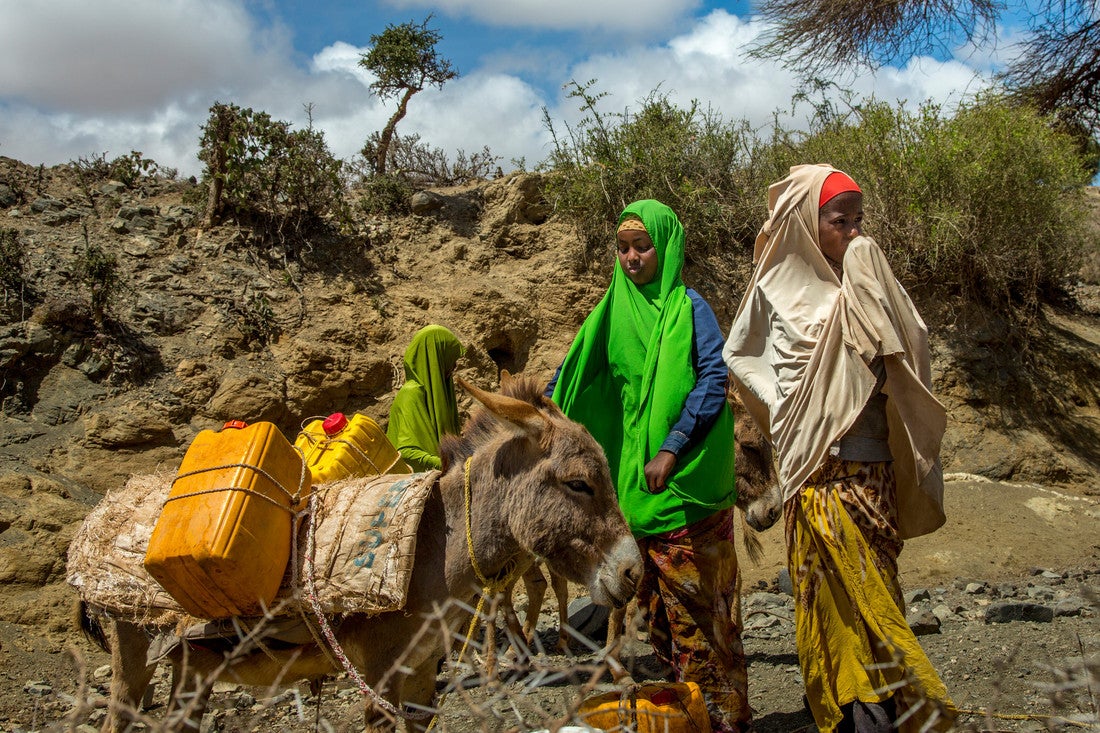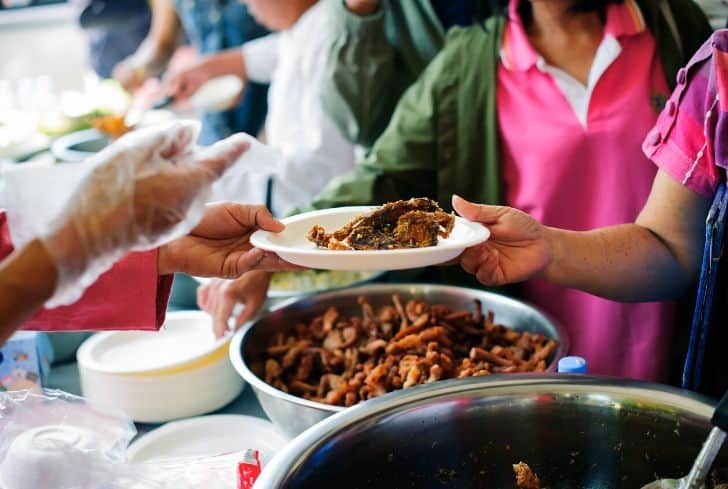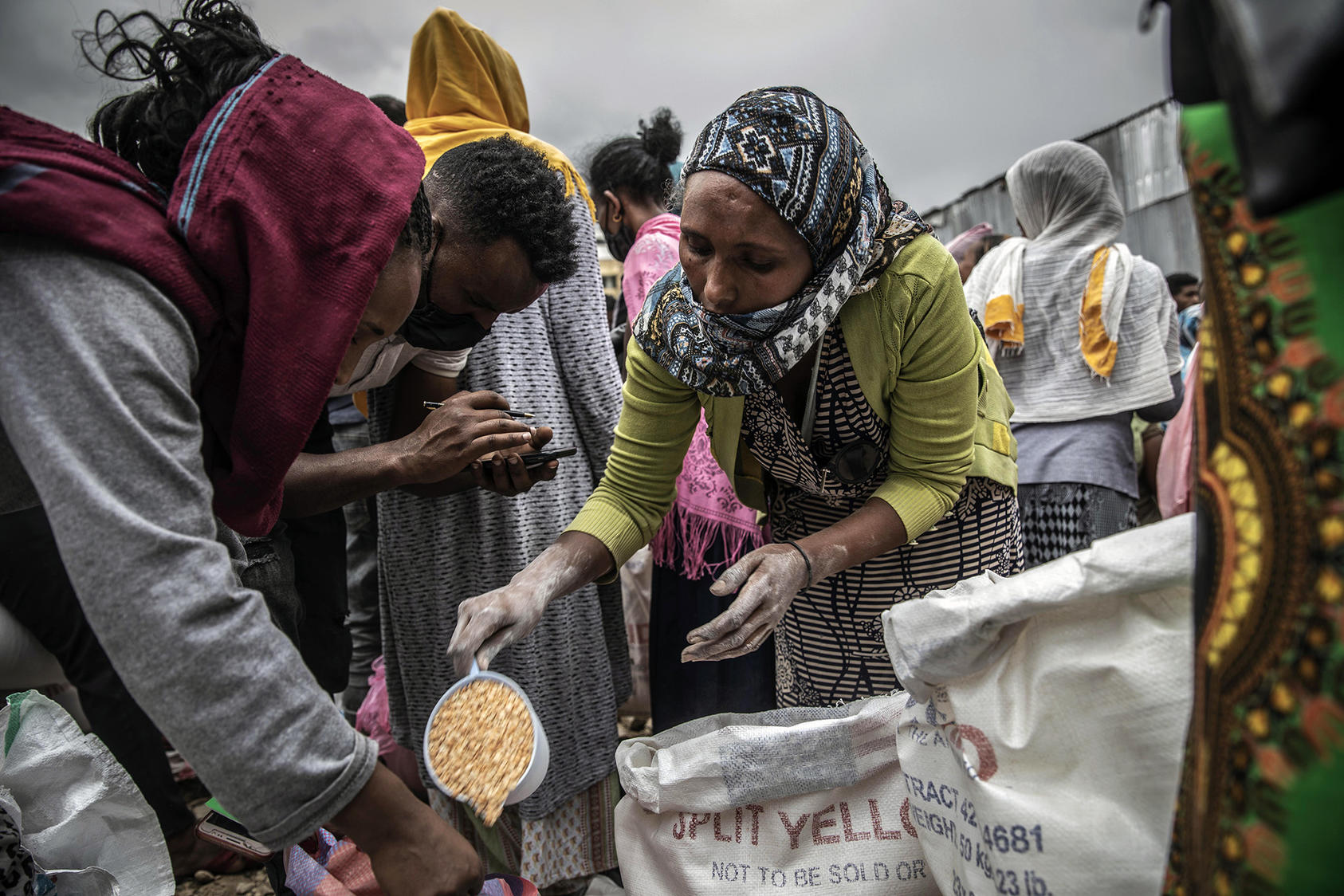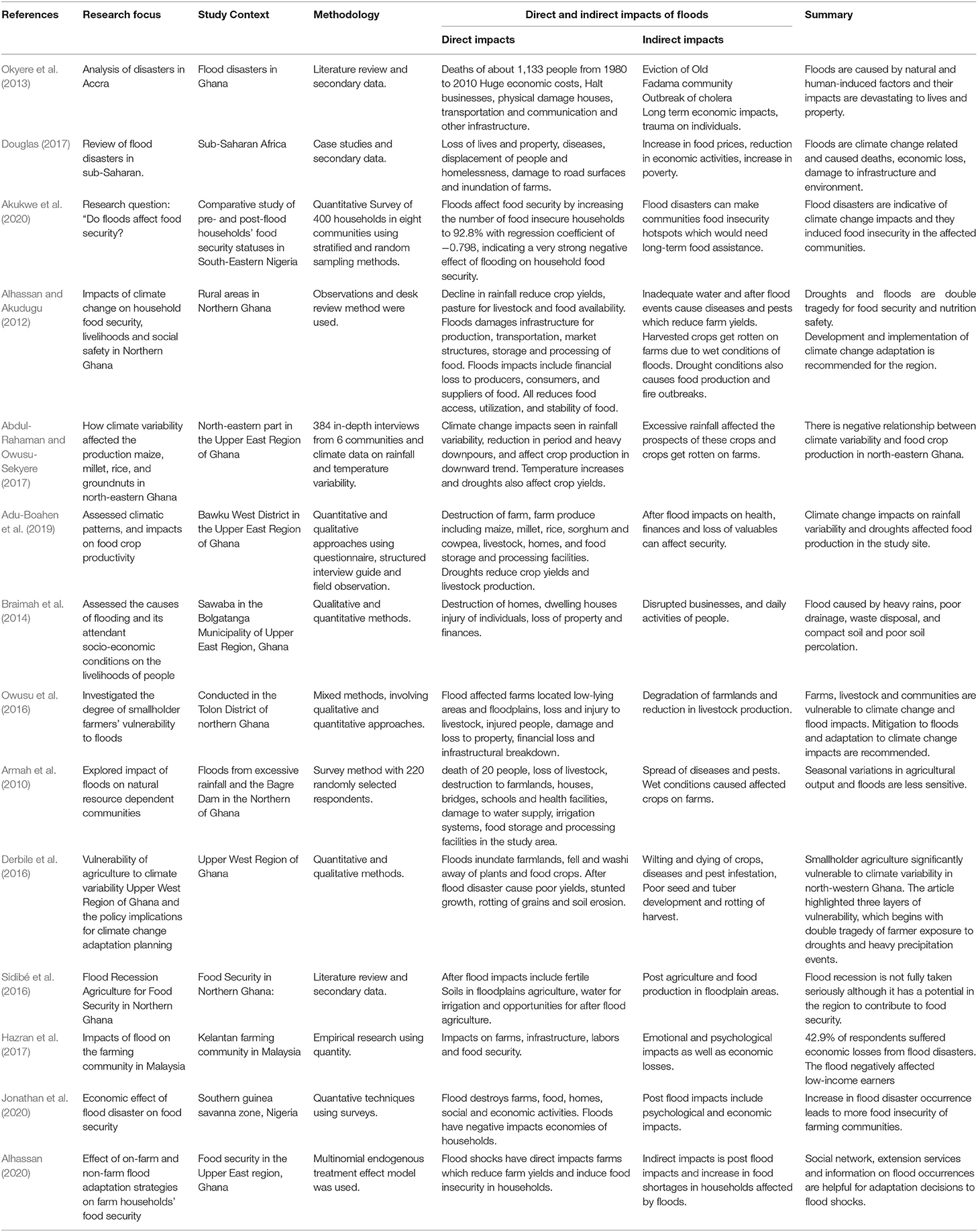Food security refers to the availability, access, and utilization of food by individuals and communities. During a calamity, such as a natural disaster or a public health crisis, food security can be greatly affected due to a variety of factors.
One way in which food security is affected during a calamity is through disruptions to the food supply chain. Natural disasters, such as hurricanes and earthquakes, can damage infrastructure and disrupt transportation, making it difficult to get food from farms to markets and grocery stores. This can lead to shortages of certain types of food and higher prices for what is available. Public health crises, such as the COVID-19 pandemic, have also disrupted the global food supply chain, leading to shortages of certain types of food and difficulty getting food to those in need.
Another way in which food security is affected during a calamity is through economic disruption. Calamities often lead to job loss and economic hardship for individuals and communities, making it more difficult for people to afford food. This can lead to increased food insecurity, particularly for those who were already struggling to meet their basic needs before the calamity.
In addition to these direct impacts on the food supply chain and economy, calamities can also indirectly affect food security by disrupting access to clean water, sanitation, and healthcare. Without access to clean water, it can be difficult to grow crops or prepare food safely. Similarly, the lack of proper sanitation can lead to the spread of foodborne illnesses, making it unsafe to consume certain types of food. Disruptions to healthcare can also make it difficult for people to manage chronic health conditions that may require specific dietary needs.
Overall, calamities can greatly affect food security by disrupting the food supply chain, causing economic disruption, and disrupting access to clean water, sanitation, and healthcare. It is important for governments and humanitarian organizations to work together to mitigate these impacts and ensure that communities have access to adequate and nutritious food during times of crisis.
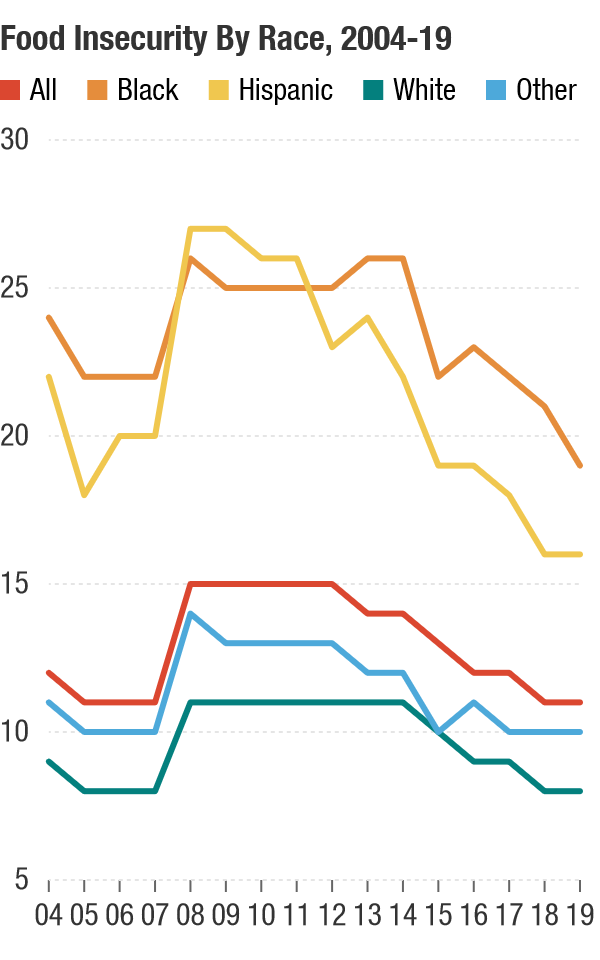
security in Tuvalu.png?h=d7b2b705&itok=N686l6ww)
